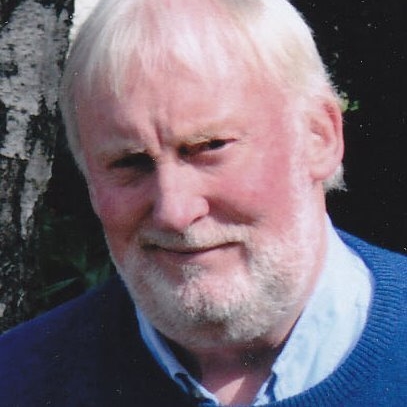
Today 166 stroke professionals have written to the Scottish Health Secretary, Humza Yousaf, deploring his decision to cut the funding for the acute stroke procedure known as ‘thrombectomy’. This is the clinical term for the mechanical removal of a blood clot from the brain of someone who is suffering a stroke. It is a highly skilled procedure requiring a team of trained professionals and must be carried out as soon as possible after someone shows signs of having had a stroke. It can have dramatic results in suitable patients. It is widely available across western Europe and America, as well as the rest of the UK. Currently it is available on a part-time basis in only three centres in Scotland – so if you live or plan to visit here, choose carefully the time and place you intend to have your stroke.
That last sentence is ridiculous, of course, but not as ridiculous as the decision to cut the funding for thrombectomy. If you want to cause hundreds of your fellow Scots to have unnecessary suffering, permanent disability and misery, and cause huge costs for health and social care services then an easy way to do it is to make thrombectomy unavailable to anyone who is unfortunate enough to have a stroke.
Don’t take my word for it; here is a copy of the letter sent to Mr Yousaf by those 166 clinicians and two charities:
2nd December 2022
Dear Cabinet Secretary for Health and Social Care,
As Scotland’s stroke professionals, we are writing to express our opposition to the Scottish Government’s proposed funding cut and recruitment freeze to the national thrombectomy programme, and to ask you to reconsider those plans.
As part of the Emergency Budget Review, around £7 million (50% of funding) was taken from this year’s thrombectomy budget. Cutting funding for thrombectomy and the recruitment freeze will have a significantly detrimental effect on the progress made to date in establishing pilot services which have already delivered more than 150 life-changing procedures for stroke survivors in Scotland.
Thrombectomy is an extraordinarily effective medical treatment. Research shows it is one of the most effective treatments for any medical or surgical condition in terms of the number of people needed to treat to bring benefit. Around one in every three people who receive a thrombectomy will be less disabled after their stroke as a result. Around one in five will be able to function completely independently afterwards. Thrombectomy gives people a better chance of walking again, talking again, and living independently.
Apart from the life changing benefits to the patient and their families, the large savings on hospital length of stay, community rehabilitation and lifelong social care directly address many of our current health and social care pressures. Thrombectomy is an excellent example of preventative spend. Robust evaluation shows that thrombectomy has the potential to save the health and social care system up to £47,000 per patient in the first five years. To slash investment in this well-evidenced, cost-effective procedure would in our view be a mistake.
The other three UK nations all have well established stroke thrombectomy services – Scotland already lags well behind. If developments do not continue as planned there will be ongoing inequity of access within Scotland to this life saving or life changing treatment, dependent on when or where you are unlucky enough to have a stroke: for example, Scots who live in North Lanarkshire, North Ayrshire and the East End of Glasgow will have no service whatsoever. A decision to worsen existing health inequalities is very unfair on the people who live in these areas.
Thrombectomy spending accounts for less than 0.1 per cent of the total health budget. We ask you to look again at the relatively small financial savings being made here as a proportion of the overall national health spend, and weigh that against the impact it will have on delivery of the thrombectomy programme, as well as on the truly distressing wider signals it sends to the Scottish population about their government’s commitment to improving stroke care.
As clinicians and practitioners, we always endeavour to provide the best care possible for our patients. We realise there are major funding challenges facing the NHS and social care, and a resulting need for difficult and pragmatic decisionmaking. While we will always attempt to provide the best possible care with the resources available, we know that restricting thrombectomy funding will lead to significantly poorer outcomes for our patients.
We urge you to reconsider the decision, and re-commit the Scottish Government to the delivery as soon as possible of a sustainable, safe, equitable, 24/7 stroke thrombectomy service for the people of Scotland.
Yours sincerely,
The letter is then signed by 166 stroke clinicians working in Scotland and the two charities Stroke Association and Chest, Heart and Stroke Scotland.
So, Humza, while you are contemplating the £2 billion underspend the Scottish Government Auditor General says you currently have from 2021/22, why not show some transparency (also requested by the AG) by re-instating the budget for rolling out a thrombectomy service across Scotland. (0.1 per cent of the total health budget). After all, you’re responsible for this madness, and you’re usually keen to show we are as good as the rest of the world.
